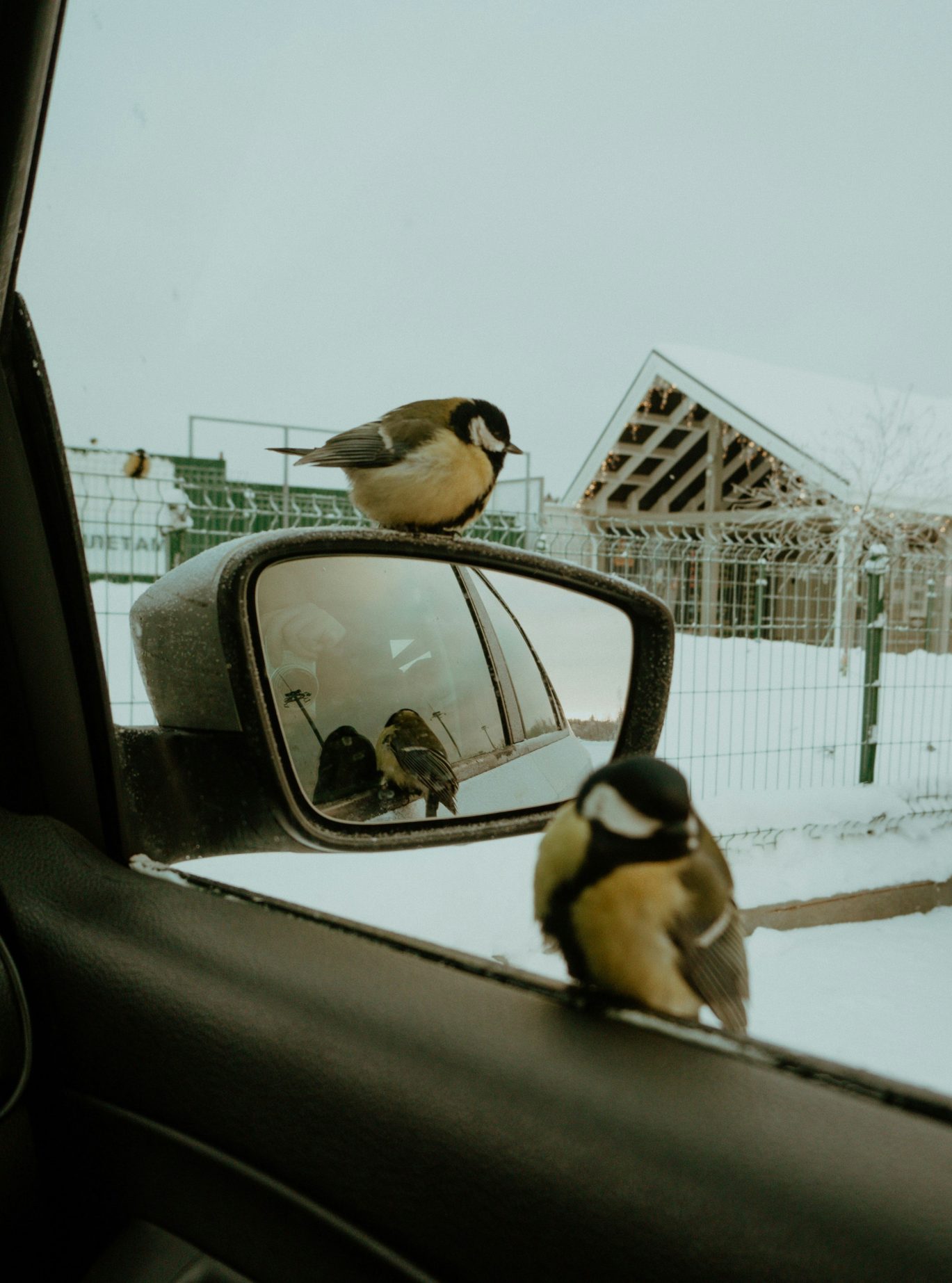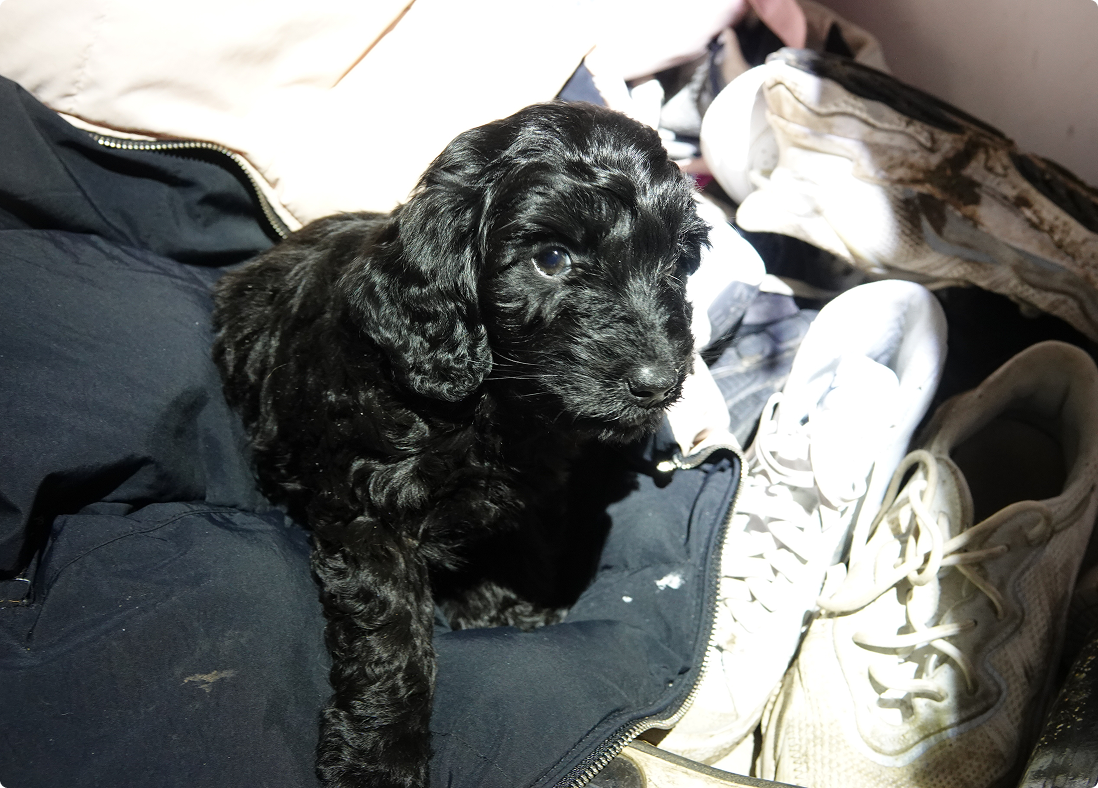
Antifreeze Poisoning in Wildlife
Symptoms, Dangers & How to Keep Wild Animals Safe
As the colder months approach, many may not realise that antifreeze can be deadly to wild animals. While antifreeze is essential for drivers in the colder months, its toxic properties make it a hidden danger on driveways, roads, and garages.
Why antifreeze is toxic to wildlife
Most antifreeze contains ethylene glycol, a chemical that tastes sweet, which makes it tempting to animals and even children.
Ingesting antifreeze can cause:
- Severe illness, such as kidney failure
- Death, sometimes within 24–72 hours
Wildlife like hedgehogs, squirrels, foxes, and birds may explore driveways, roadsides, and gardens in search of food or shelter, putting them at high risk during autumn and winter. There is a risk that animals’ fur may become contaminated, which they could ingest while grooming themselves.
Signs of antifreeze poisoning in wildlife
Early symptoms of antifreeze poisoning include:
- Vomiting or nausea
- Lethargy or unusual weakness
- Loss of appetite
- Difficulty walking or breathing
- Excessive thirst or urination
- Seizures
Are you enjoying this article?
Every £1 could help us rescue and protect cats and kittens and find their forever homes.
Give a lifeline to an animal in need
What to do if you see wildlife drinking antifreeze
- If you suspect a wild animal has ingested antifreeze, seek veterinary help immediately.
- Do not wait for symptoms to worsen, early intervention can save lives.
How to keep wildlife safe from antifreeze
Follow these simple steps to reduce the risk:
- Store antifreeze securely: Keep all containers in sealed cabinets, out of reach of animals (and children!)
- Clean up spills immediately: Even tiny drips on driveways or garage floors can be deadly if licked.
- Switch to animal-safe alternatives: Some antifreeze products use propylene glycol, which is far less toxic to animals, and some have an added bitterant to make it less appealing.
- Dispose of old antifreeze responsibly: Take used antifreeze to a recycling centre and never pour it on the ground or down drains and don’t re-use the container.
- Monitor gardens and driveways: Check for leaks or puddles that could attract wildlife.
Autumn is a critical time for many animals as they prepare for winter. Hedgehogs, squirrels, birds, and foxes are often active in gardens and streets. By taking precautions with antifreeze and other hazardous chemicals, we can reduce the risk of accidental poisoning and help wildlife survive through winter.
Look at our Wildlife Advice to see how else you can help look after Scotland’s wildlife.

Puppies across Scotland need your help
Please consider giving a monthly donation today. Give Scotland’s animals the gift of safety this winter and beyond. The criminals involved in the low-welfare puppy trade never stop. And with your help, neither will we. Every £1 matters to puppies like Winnie.